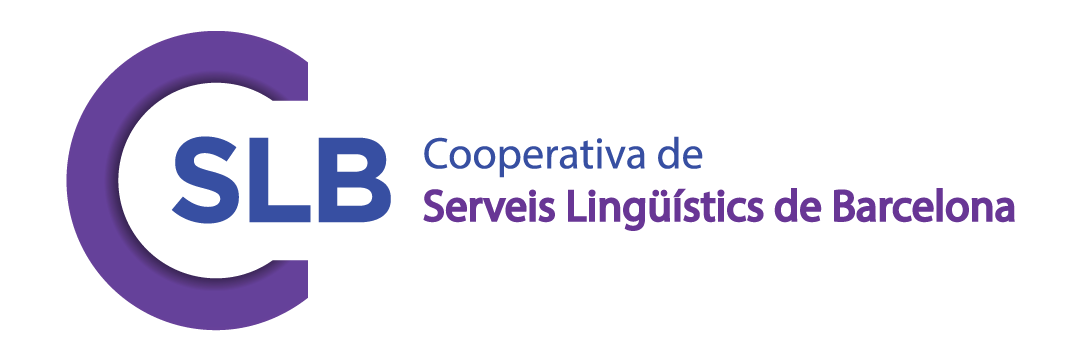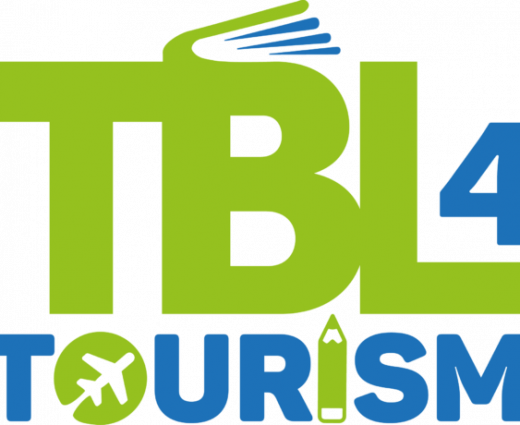TBLT: From theory to practice (Jan24)
Our fifth tutored online Task-Based Language Teaching (TBLT) course has now ended, but we are planning our next edition to begin in November 2024. Please sign up to our mailing list via the button below to stay informed on course dates and special offers!
[wpb-pcf-button]
Our full 100-hour course is spread over 6 months to suit busy teachers, with approximately 5 hours per week required to complete the tasks. It includes contributions from TBLT and assessment experts Peter Skehan, Roger Gilabert, Marta González-Lloret and Glenn Fulcher, as well as recordings of the late Michael Long. The main tutors, Geoffrey Jordan and Neil McMillan, have written a chapter on this course for the Cambridge Handbook of Task-Based Language Teaching, edited by Mike Long and Mohammad Ahmadian (2021).
A free introductory taster session, Why TBLT?, is open now. Further sessions will open according to the course schedule once the course begins.
Participants can also join individual modules. Further modules can be taken in future iterations of the course to achieve complete certification.
Please see further below for a detailed description and module dates. You can contact us with any questions about future courses via the form on our home page, and please check out these glowing reviews on earlier iterations of our course here and here.
Description
This 100-hour, online tutored course is aimed both at classroom teachers and course designers who are interested in adopting task-based language teaching (TBLT) to deliver English as a second or foreign language. It will also be relevant to teachers of other languages who are interested in this approach, as well as teacher-trainers, directors of studies and materials writers. No prior experience of TBLT is needed, but some grounding in the current theory and practice of English language teaching (ELT) will be necessary.
Our premise is that the dominant, structure-by-structure approach to teaching English and other languages, both in private and public sector contexts around the world, is inefficacious. We set out to make the case why, and to argue that TBLT—which is aimed at learners’ specific needs and respects what we know about language learning—should take its place, both in traditional and online environments.
To do this, we will argue that Mike Long’s version of TBLT is the optimum version. Our course is built around a series of tasks relating to key aspects of Long’s TBLT, from needs analysis through syllabus and material design to classroom delivery and assessment. At the same time, however, we acknowledge that Long’s TBLT is a resource-heavy model which is not easily applied in more restricted circumstances. We will therefore be exploring, in parallel, lighter versions of TBLT that could be adopted by smaller schools or individual teachers working with groups with specific needs.
We will also look at the increasingly important influence of new technologies on the TBLT field. As the tasks people need to perform are increasingly mediated by technologies, so is TBLT itself, with consequences for how TBLT courses are designed and run.
- The course is presented by Geoffrey Jordan and Neil McMillan. It also features guest contributions from TBLT specialists Peter Skehan, Roger Gilabert and Marta González-Lloret, and language assessment expert Glenn Fulcher. We are also privileged to have exclusive recordings of TBLT pioneer Michael H. Long, who contributed to earlier versions of this course and sadly passed away in February 2021.
Course aims
Overall, the course aims are to:
[dt_sc_fancy_ul style=”tick”]
- Introduce, explore and connect the theory and practice of Task-Based Language Teaching (TBLT)
- Make the case for Long’s TBLT as the optimum version, informed both by research and classroom experience
- Present lighter versions of this model for adoption in more restricted circumstances
- Explore the implications of technology for TBLT
- Prepare teachers and course designers to implement TBLT in a relevant context
[/dt_sc_fancy_ul]
Course structure & dates
The main part of the course is divided into five modules, with additional unassessed pre-course and mid-course sections. Each module, composed of two or three sessions and lasting 4-5 weeks, is built around a specific Output task which is linked to the wider project of developing and implementing a TBLT course. Most sessions take place over two weeks. Overall, we estimate that participants will need to dedicate 4-5 hours per week to the course, including background reading and assessment, with a total commitment of around 20 hours per module and 100 hours for the whole course.
The table below summarises the course structure and key dates.
[table id=26 /]
Most sessions include:
[dt_sc_fancy_ul style=”rounded-arrow”]
- Carefully selected background reading
- A video presentation from the session tutor (approx 30m)
- Interactive exercises to explore key concepts
- A forum discussion topic to explore with your tutor and fellow course participants
- A 1-hour group videoconference with a tutor (Certificate of Completion only)
- An Output task (e.g. short essay, presentation, task analysis etc.)
[/dt_sc_fancy_ul]
Course material
There is only one set text which participants need to acquire for themselves:
[dt_sc_fancy_ul style=”paper-clip”]
- Long, Mike. (2015). Second Language Acquisition and Task-based Language Teaching. Chichester: Wiley-Blackwell.
[/dt_sc_fancy_ul]
Aside from that, course material (articles, chapters, video and audio content) will be provided on a session-by-session basis.
More information
- Please use the contact form on our home page and we will get back to you as soon as we can.
- The featured image is by Virgil Cayasa on Unsplash
- All other content (c) Serveis Lingüístics de Barcelona, 2018-2024. All rights reserved.
Additional information
| Course component | Whole course, Module 1: Presenting TBLT, Module 2: TBLT Needs Analysis, Module 3: Designing pedagogic tasks, Module 4: Making TBLT materials, Module 5: Facilitating, supporting and evaluating task performance |
|---|
Only logged in customers who have purchased this product may leave a review.




Reviews
There are no reviews yet.